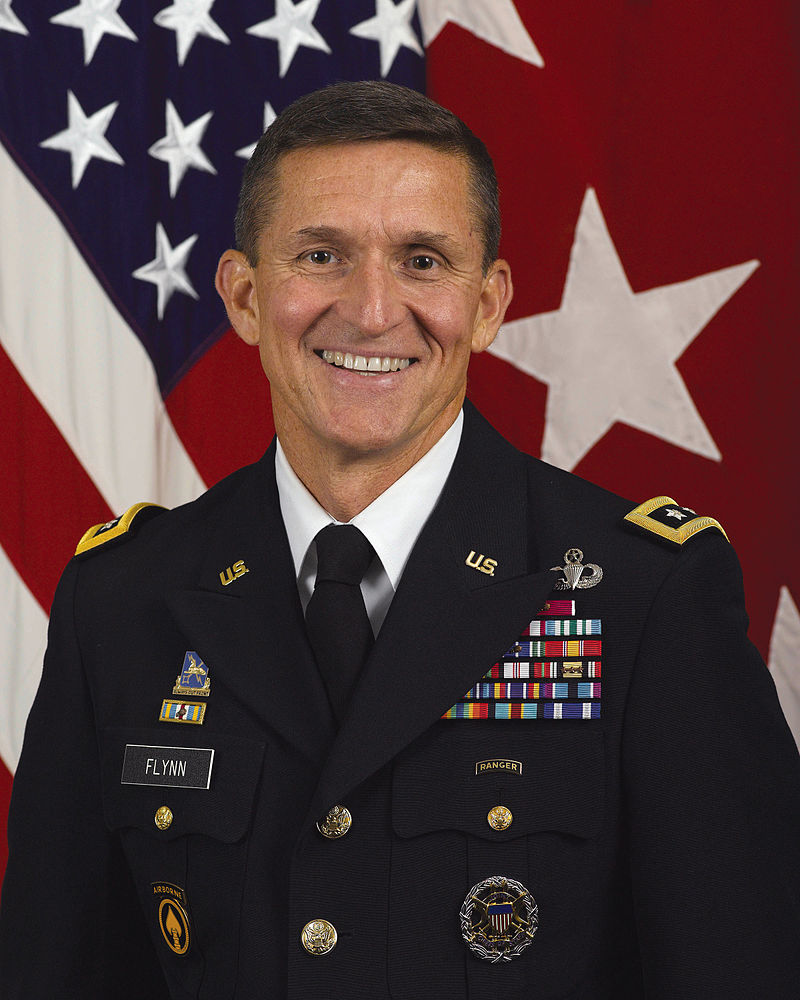Part 2 of 4 Parts (Please read Part 1 first)
During this same period, the U.S. Obama administration was working on a deal to curb Iran’s development of nuclear weapons. One part of the deal that was worked out was to leave Iran with some enrichment capability. Saudi Arabia supported the Iran deal but insisted that it was entitled to the same capability that Iran had. The U.S. refused to provide comparable technology to Saudi Arabia. The U.S. position was that allowing the spread of possible dual use technology to new countries was not the same as capping an existing technology already possessed by Iran.
There were critics of the U.S. Iran policy who said that it was wrong to prevent the Saudis from developing the ability to defend themselves given suspicions that Iran would not abandon their quest for nuclear weapons. One of these critics was Michael Flynn, a lieutenant general who was forced out of the Obama Defense Intelligence Agency in 2014 and he took a variety of consulting jobs in the private sector including an advisory post with ACU Strategic Partners. Flynn was only one of many retired military officers recruited by ACU.
The CEO of ACU was Alex Copson, a British-American inventor and wheeler dealer. In 2015, Copson was telling people that he intended to build up to forty nuclear power reactors in Egypt, Jordan and Saudi Arabia. Copson tried to get the Obama administration interested but officials were concerned that he did not really have the financial backing that he had claimed.
On behalf of ACU, Flynn flew to Egypt and tried to convince them turn down a Russian offer to build nuclear power reactors in Egypt. He also tried to convince the Egyptians to consider the ACU proposal. Flynn tried to persuade Israel to support ACUs ambitions nuclear plans for the Middle East.
Copson’s company and efforts eventually fell apart and Michael Hewitt, a retired admiral with ACU struck out on his own in mid-2016 along with Mike Flynn. Hewitt called his new company IP3 International which was short for “International Peace Power & Prosperity.” IP3 signed up prestigious a group of retired military people and government officials. Where ACUs plans included the Russians, IP3 substituted the Chinese. Eventually IP3 changed to an “all American” plan for the provision of new nuclear reactors. Of course, this plan was popular with the U.S. nuclear construction industry which was looking for new customers in other countries.
Nuclear exports are tightly controlled because the technology can be so dangerous. Obtaining a 123 agreement was only the first step in a long process if a foreign government wants to purchase American made nuclear reactors and technology. The U.S. Department of Energy has to sign off on the transfer of such nuclear technology as nuclear reactors and nuclear fuel. The Nuclear Regulatory Commission has to provide licenses for nuclear reactors and the Commerce Department has authority over export of the rest of the equipment used to construct a nuclear power plant.
IP3 did not want to bother with this complex process so they tried to go around these agencies by appealing directly to the White House. At the beginning of the Trump administration, Tom Barrack, a friend and advisor of Trump as well as a major investor, became interested in the IP3 plan. He wrote a series of white papers about how the IP3 plan would be part of a new approach to the Middle East. It would emphasize economic cooperation which he hoped would reduce terrorism and improve relations.
Please read Part 3
Michael Flynn:
